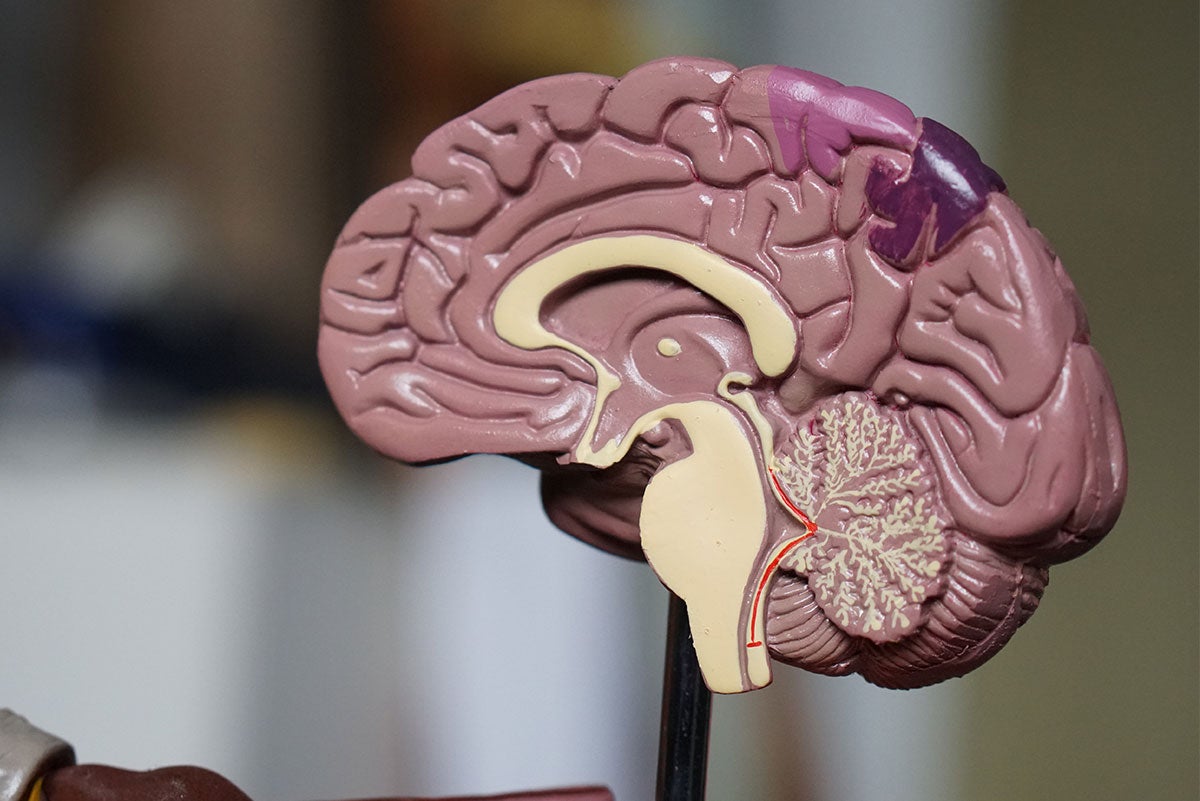5 Early Signs and Symptoms of Alzheimer's
September 18, 2023Knowing the signs and symptoms of Alzheimer's can help you or a loved one reach a provider to be assessed and treated.
Noticing memory loss in you or someone you know? Today we will unpack some warning signs that you should be aware of for Alzheimer’s disease. Knowing the signs and symptoms of Alzheimer's can help you or a loved one reach a provider to be assessed and treated. Alzheimer’s is a type of dementia, which is a brain disease that slowly impairs a person's day-to-day life by impacting memory, function, and thinking.
1. Memory problems that disrupt daily activities
One of the most common traits of Alzheimer’s is that the person is unable to remember new things. Long-term memory, however, is less affected, so they can remember things such as childhood. It may be harder for someone with Alzheimer's to remember recent information or they may ask you to repeat something repetitively.
2. Confusion with time and place
People with Alzheimer's can lose track of what day and time it is. They may also start getting lost in places that should be familiar to them. So, an important clue is that they have trouble keeping track of the time, day, season or year, or start having trouble remembering where they are, which can be especially disturbing and even dangerous if they are driving.
3. Issues with speaking and writing
An early sign could be if someone is having difficulty telling a story or finding the right word to describe something. Someone may forget a common word/noun, such as “computer,” and will use other words to describe it because they can’t think of the actual word.
4. Challenges with problem-solving
A person showing signs might have trouble with work or developing a plan that they might do. For example, if there is a recipe that someone has memorized and they can’t remember key steps, or if they have issues keeping up with when to pay monthly bills. Difficulty completing a normal task could also include things like forgetting directions to work.
5. Misplacing items
For people with early Alzheimer’s, they may not be able to find important things such as their purse. They may put it in a safe spot, but can’t remember that they put it away and have a hard time retracing their footsteps. Don’t confuse this with normal aging; it is common to lose things but you should be able to retrace your footsteps.
Next steps
If you suspect you or someone you love is showing early signs of Alzheimer’s or any other form of dementia, make an appointment with your/their primary care physician as soon as possible. The PCP can order tests that may point to other, highly treatable conditions that can cause symptoms similar to those of Alzheimer’s, such as urinary tract infections or certain vitamin deficiencies. They can also refer you or your loved one to a neurologist for diagnostic testing and treatment. St. Mary’s Neurological Specialists provides a full continuum of care for patients with dementia and other conditions that affect the brain and nervous system.



